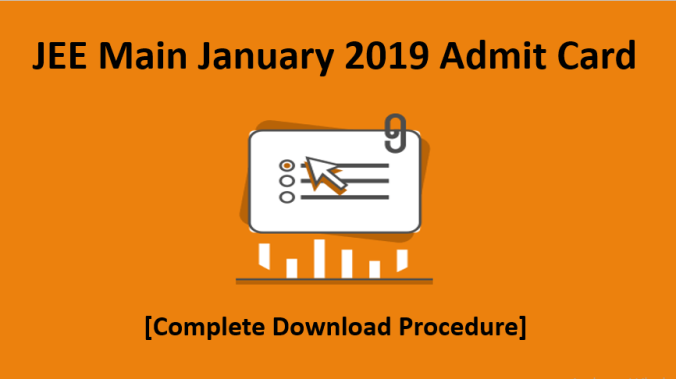
Preparing for the JEE Mains Exam and seeking knowledge for JEE Chemistry? If yes! you are in the right place. The JEE Mains exam is conducted every year for the engineering admissions in the three crucial subjects Physics, Chemistry, and Mathematics. Out of the three subjects, JEE Main Chemistry is the easiest to crack and interesting subject.
Chemistry is not only the subject of the Chemicals and Elements. It is involved in our daily lives. Therefore it becomes easy to understand the basic concepts in JEE Chemistry. The Physics and Mathematics require a lot of potential and deep understanding of the subject. It Is not with the Chemistry you need not be a scholar to understand it. By little command over the subject and understanding of concepts, you can score well in JEE Mains and Advanced Exam.
If you are searching for the important tips to prepare for the JEE Chemistry than this article is for you. Check it out –
1. Analyze the Syllabus before preparations – Before starting the preparations make analysis your weak and strong topics. Focus on your strong points and make them stronger whereas try to clear concepts in the weak points.
2. Make your numerical part stronger – Most of the students leave the numerical part and focus on the theoretical whereas to score well in JEE Chemistry it is very essential to have a strong command over Numerical. The Questions are asked from the Solutions, Chemical Kinetics, Electrochemistry and thermodynamics topics.
3. Prioritize the Topics as per the weightage – First, make a list of the topics as per there weight. Prepare them with high priority and then touch the other topics. The important topics for JEE Chemistry are as follows –
General Organic Chemistry – 7 % weightage
Alcohol Phenol Ether – 7 % weightage
S & P Block Elements – 7 % weightage
Coordination Chemistry – 5% weightage
Atomic Structure – 5 % weightage
Aldehydes and Ketones – 5% weightage
Thermodynamics – 5% weightage
Ionic Equilibrium – 3 % weightage
Gaseous State- 3 % weightage
Chemical Bonding – 5 % weightage
4. Books play a major role– Use the expert recommended Books for the JEE Chemistry Preparations. Some of the Books are given below check it out –
Organic Chemistry -O. P Tandon for class 11th & 12th
Organic chemistry by Peter Skyes
Inorganic chemistry-JD Lee
PHYSICAL CHEMISTRY-RC Mukherjee
5. Analyze the performance -The JEE Mains and Advanced Exam require a lot of practice. You cannot score well in the JEE Main Exam without appearing in the daily tests and attempting Model Test Papers. Around 10 to 12 lakh candidates appear in the JEE Main Exam every year, you are not alone in this race. By attempting the Test series and Model Test Papers you can analyze your preparation.
6. Practice the Experiments in Chemical Lab– The visual things are easy to learn and doing practical experiments is the best way for this. Do chemical reactions and learn the physical and Chemical Properties easily.
7. Do proper revision – JEE Chemistry is easy to learn and similarly easy to forget. A proper revision is very essential to score well in the JEE Mains Exams. Paste the formulas and Chemical reactions list on the study desk and revise them daily. Use short notes for preparations.
These were some of the Important tips and tricks for the JEE Mains Exam you can take help from and start your preparations.
If you liked this article then keep sharing with friends.


